Sign up for workout ideas, training advice, reviews of the latest gear and more.

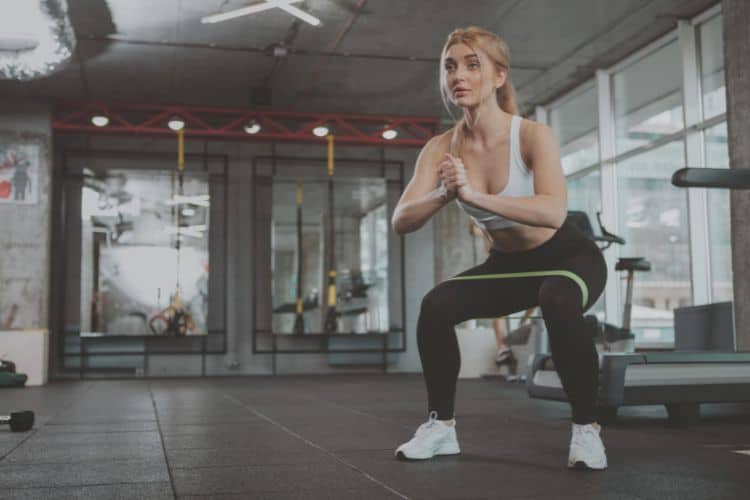
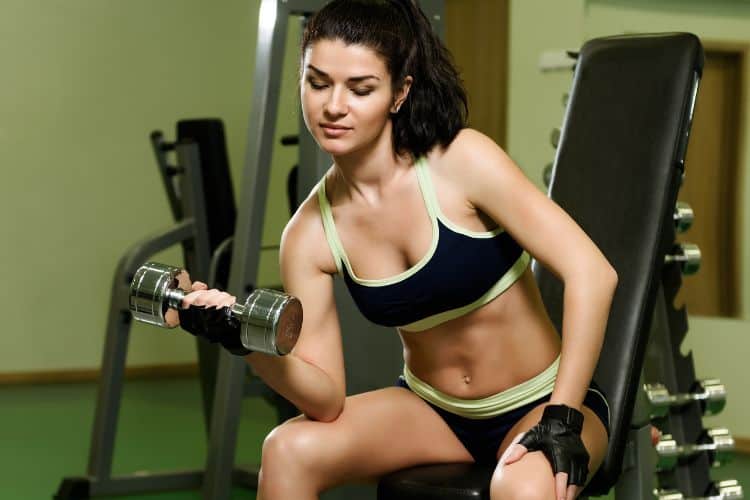
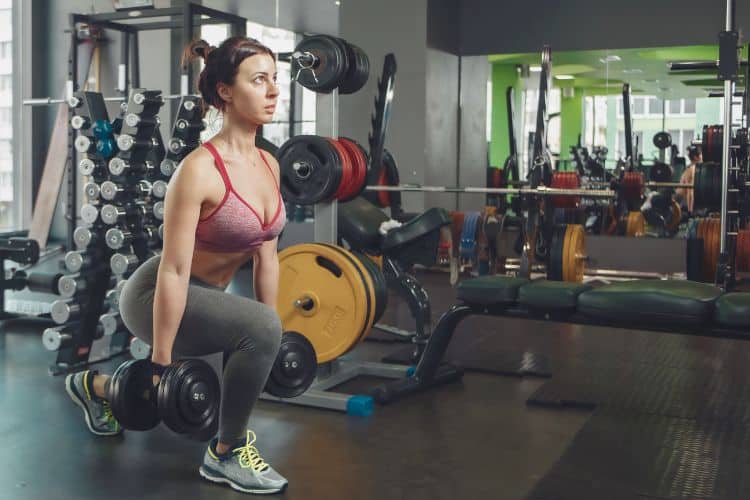
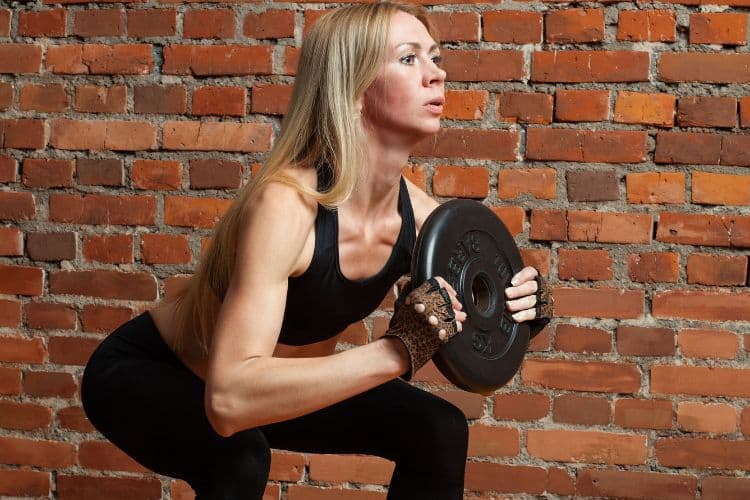
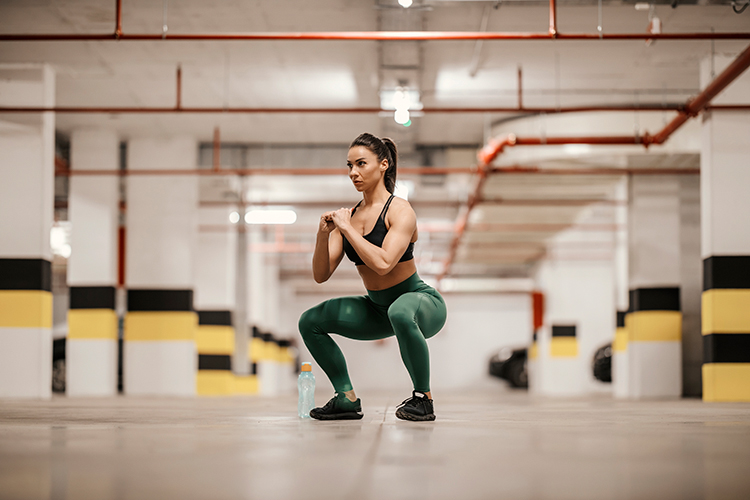
In today’s fast-paced world, many women are seeking efficient and effective ways to stay fit without the need for expensive gym memberships or elaborate equipment. Bodyweight exercises offer a convenient and versatile solution. These exercises use your own body as resistance, making them accessible to anyone, anywhere. Whether you’re at home, in a park, or traveling, bodyweight exercises allow you to maintain your fitness routine without compromising on results. This blog post will delve into the benefits of bodyweight exercise for women, outline a comprehensive full-body workout, and offer tips to maximize your results.
One of the biggest advantages of bodyweight exercises is their convenience. You don’t need to invest in costly equipment or allocate time to commute to a gym. Whether you’re a busy mom, a working professional, or a student, bodyweight exercises can be done in the comfort of your home, during a break at work, or even in your hotel room while traveling. This level of accessibility ensures that you can maintain consistency in your workout routine, which is key to achieving long-term fitness goals.
Bodyweight exercises offer incredible versatility. From strength training and cardiovascular conditioning to flexibility and balance work, these exercises can be modified to target different muscle groups and fitness goals. For women who are looking to tone their muscles, build strength, or enhance endurance, bodyweight exercises can be adapted to suit any fitness level or objective. Additionally, the variety of movements available means you’ll never get bored with your workouts.
Bodyweight exercises promote functional fitness, which refers to movements that mimic everyday activities. This type of training helps improve overall body mechanics, balance, and coordination, making daily tasks easier and reducing the risk of injury. For women, this means that the benefits of bodyweight exercises extend beyond aesthetics and can improve overall quality of life.
Women’s bodies are unique, with different muscle composition, bone density, and hormone levels compared to men. Bodyweight exercises can be tailored to address these differences, focusing on areas that many women want to strengthen or tone, such as the core, glutes, and legs. Furthermore, bodyweight exercises promote lean muscle growth, which is ideal for women looking to achieve a toned, sculpted physique without the bulk.
Bodyweight exercises are highly effective at engaging multiple muscle groups simultaneously. For example, a simple squat activates not just the quadriceps, but also the glutes, hamstrings, and core. This multi-muscle engagement is essential for building functional strength and improving overall body composition. By working several muscles at once, bodyweight exercises help you burn more calories and build lean muscle efficiently.
Exercise, in general, has a profound impact on hormonal balance, and bodyweight training is no exception. For women, maintaining balanced hormone levels is crucial for overall health, mood, and metabolism. Bodyweight exercises can help regulate cortisol (the stress hormone), improve insulin sensitivity, and boost the production of endorphins, the body’s natural feel-good hormones. Additionally, regular bodyweight training can enhance bone density, which is particularly important for women as they age.
While often associated with strength training, bodyweight exercises can also provide substantial cardiovascular benefits. Exercises like burpees, mountain climbers, and jumping jacks elevate the heart rate, improving cardiovascular endurance and promoting heart health. Incorporating high-intensity intervals into your bodyweight routine can help improve your VO2 max, which is a measure of your cardiovascular fitness.
Below is a comprehensive full-body workout that targets all major muscle groups using only your body weight. This workout is suitable for women of all fitness levels, with modifications provided for beginners and more advanced practitioners.
Before diving into the workout, it’s essential to warm up your muscles and prepare your body for exercise. A good warm-up increases blood flow, enhances mobility, and reduces the risk of injury.
Cooling down is just as important as warming up. It helps bring your heart rate back to normal and prevents muscle stiffness.
The effectiveness of any workout routine depends on consistency. Aim to perform this full-body workout at least 3-4 times a week. Consistent effort over time will yield the best results, whether your goal is to build strength, tone muscles, or improve overall fitness.
Proper form is crucial when performing bodyweight exercises to prevent injury and maximize effectiveness. Take the time to learn the correct technique for each movement, and don’t rush through your reps. Quality is more important than quantity. If you’re unsure about your form, consider recording yourself or consulting with a fitness professional.
As you become stronger and more comfortable with the exercises, gradually increase the intensity of your workouts. You can do this by adding more reps, increasing the duration of each exercise, or performing more challenging variations of the movements. For example, progress from knee push-ups to full push-ups or add a jump to your squats to turn them into jump squats.
Rest days are just as important as workout days. They allow your muscles to recover and grow stronger. Ensure that you’re getting enough rest, especially after intense workout sessions. Listen to your body, and if you feel overly fatigued or sore, consider taking an extra day off.
While exercise is a vital component of fitness, nutrition plays an equally important role. Ensure that you’re fueling your body with the right nutrients to support your workouts. Focus on a balanced diet rich in protein, healthy fats, complex carbohydrates, and plenty of fruits and vegetables. Staying hydrated is also crucial, so drink plenty of water throughout the day, especially during and after your workouts.
Keep a workout journal or use a fitness app to track your progress. Record the number of reps, sets, and any modifications you make to the exercises. Tracking your progress will help you stay motivated and see how far you’ve come. It also allows you to identify areas where you may need to push yourself a little harder.
Lastly, it’s essential to listen to your body. If an exercise feels uncomfortable or causes pain, stop immediately and reassess your form. It’s better to modify a movement or take a break than to risk injury. Your body is your best guide, so pay attention to how it responds to different exercises and adjust accordingly.
Full Bodyweight exercise are a powerful tool for women looking to achieve their fitness goals without the need for a gym or expensive equipment. These exercises offer numerous benefits, including convenience, versatility, and the ability to target multiple muscle groups simultaneously. By incorporating the full-body workout outlined in this post into your routine, you can build strength, tone your muscles, and improve your overall fitness level. Remember to stay consistent, focus on form, and listen to your body as you progress on your fitness journey. With dedication and the right approach, bodyweight exercises can help you achieve a strong, healthy, and confident body.
Stay up to date on the latest women’s health, fitness and lifestyle trends and tips.